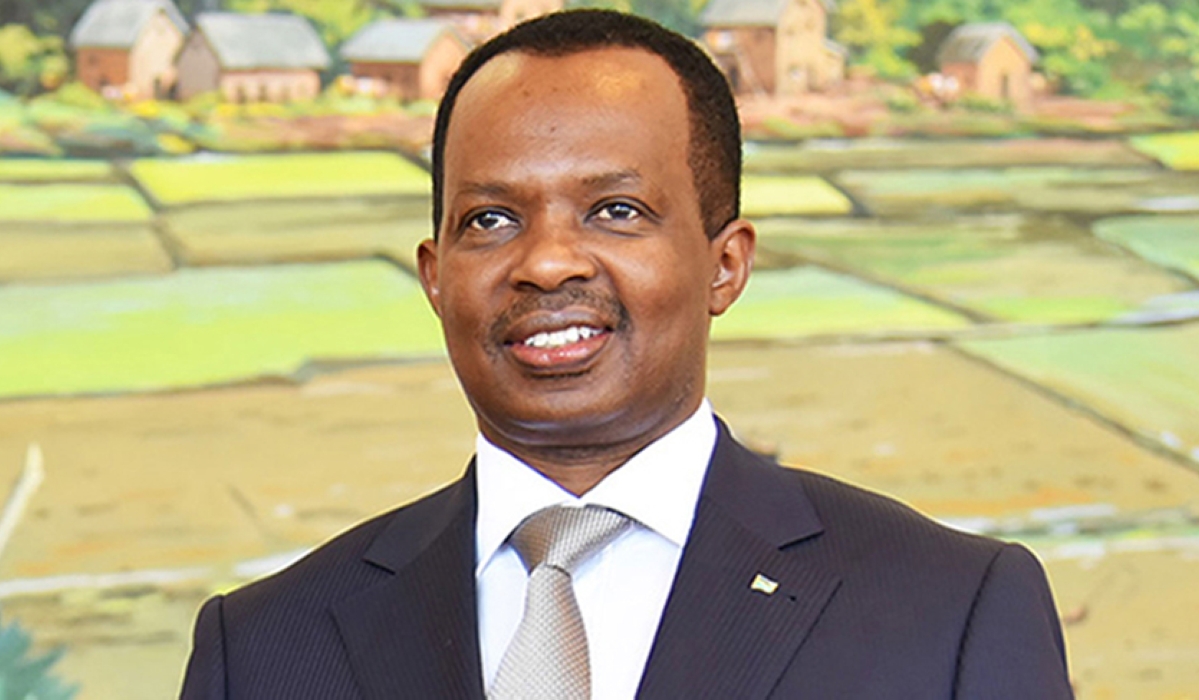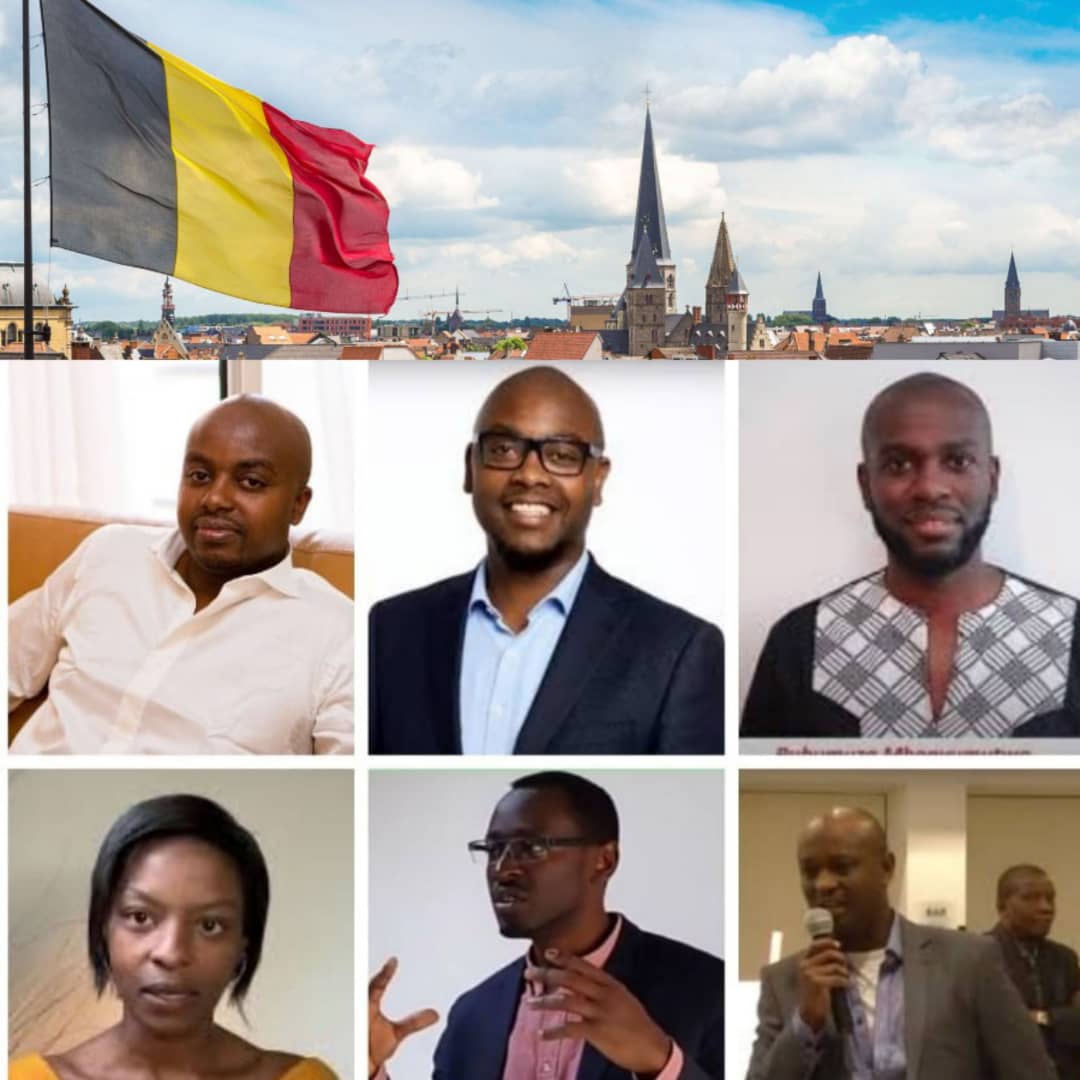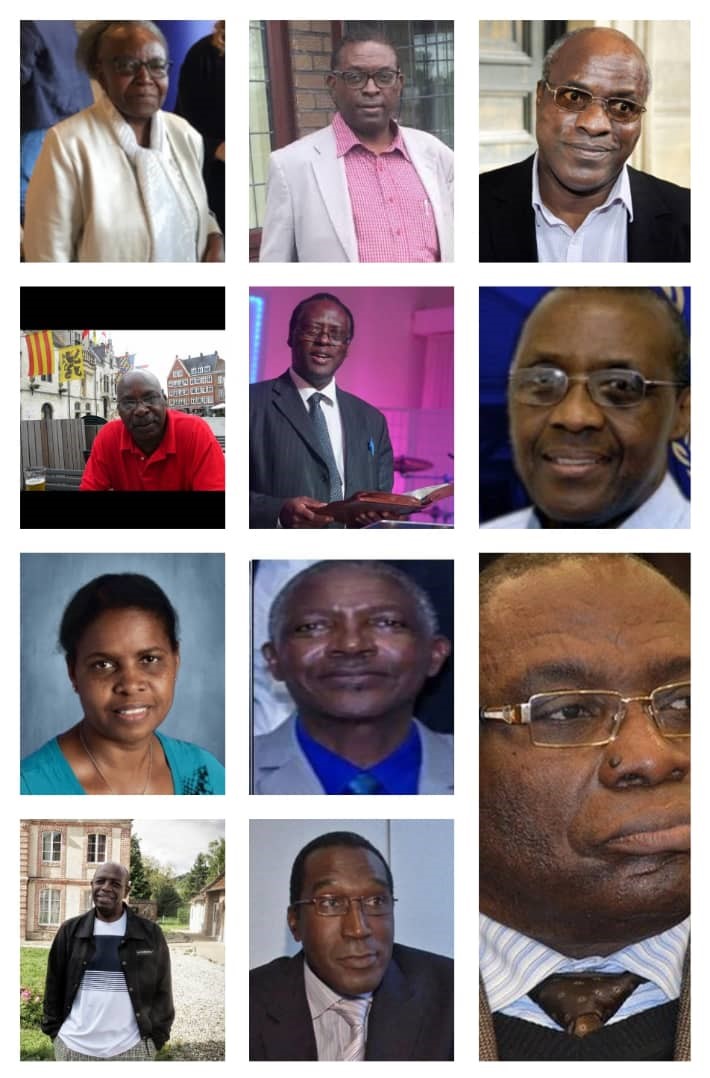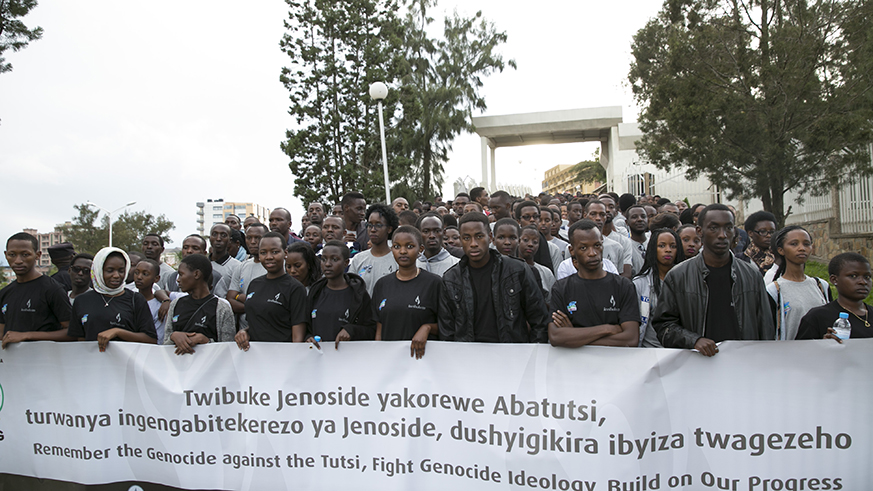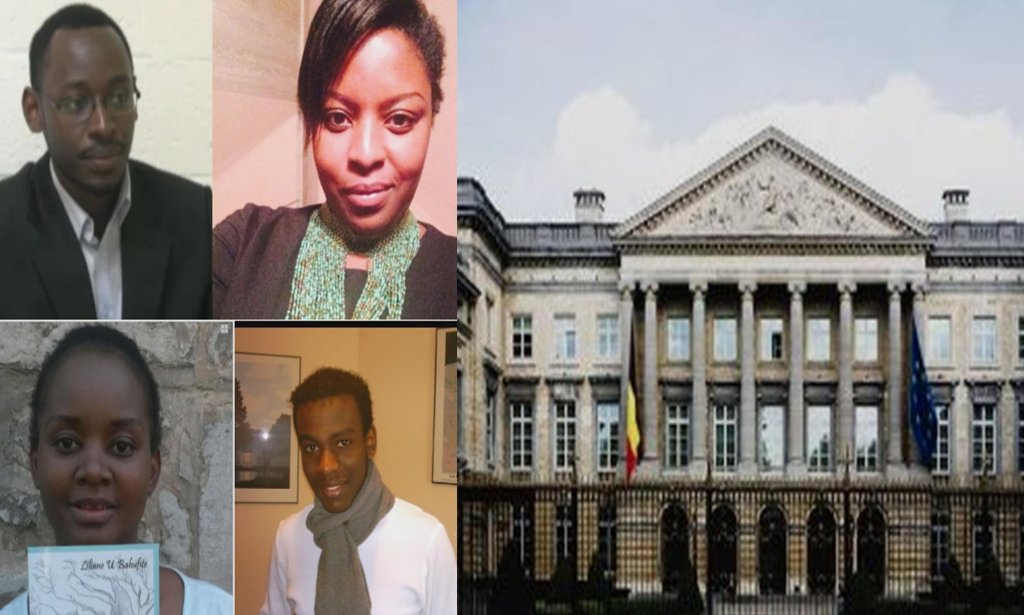Regional
Belgium knows about Jambo's genocide ideology; but for Brussels, the end justifies the means
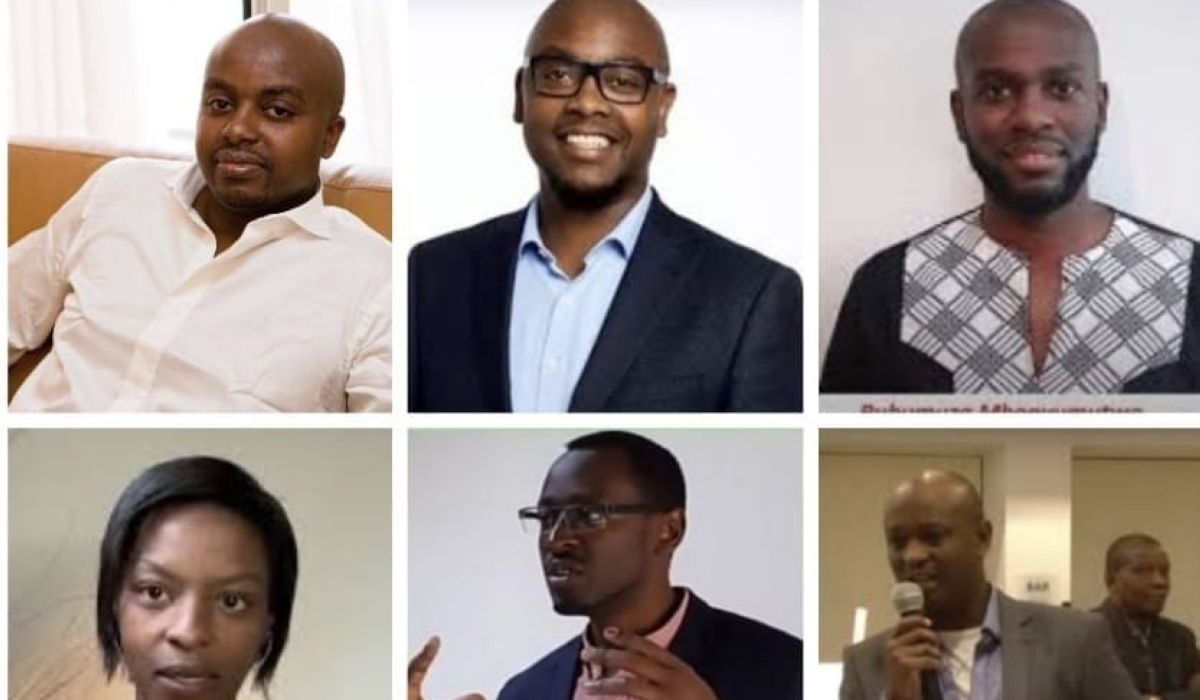
Some of Jambo Asbl members.
In
June 2024, federal elections are scheduled to be held in Belgium.
Belgians
will cast their ballot and decide who sits in the federal, regional and
European Parliament for the next five years. Sadly, among the leaders to be
elected, are Rwandan genocide deniers, precisely Jambo Asbl members.
It claims
to be a human rights organisation but Jambo Asbl is a Belgium-based organization
comprising descendants of the planners and perpetrators of the 1994 genocide
against Tutsi in Rwanda. Behind their façade looms genocide ideology and
denial, and hate, due to the influence of their parents.
Related:
Epitomizing Trans Generational Genocide Ideology: Jambo Asbl
With
less than a year to the elections, Belgian political parties like the social-liberal
party, DéFI, Christian Democratic and Flemish (CD&V), and Centre Démocrate
Humaniste, (CDH), are expected to put forward members of Jambo Asbl, as
candidates in the elections.
Despite
rights activists unmasking Jambo's evil agenda, Belgian politicians still
associate themselves with the individuals running the organisation.
Gustave
Mbonyumutwa, Laure Uwase and Mugabe Nzeyimana, and others, are expected be fronted
as candidates of DéFI CD&V, CDH, and other political parties. For all these
Belgian political parties, introducing members of Jambo Asbl, as candidates in
their parties is a political move aimed at gaining more votes from African
communities in their regions.
The
European country has made no secret of its close ties with Jambo Asbl, despite all
the evidence of the group’s relationship with genocidal groups like the eastern
DRC-based FDLR.
Since
its formation in 2008, Jambo asbl has been a nursery-bed of illegal armed
groups and parties against Rwanda, sponsoring genocidal and terrorist groups
including FDLR, FLN, and FDU Inkingi.
After
colonizing Rwanda, Belgium destroyed the unity of Rwandans and issued identity
cards that divided the population into three ethnicities: Hutu, Tutsi and Twa.
In order to control Rwanda, the Belgians sowed division, hate and
discrimination among Rwandans, which later resulted in the genocide against the
Tutsi in 1994.
This
burden is too heavy to carry for a country like Belgium. Therefore, the easiest
way to evade accountability is to use the descendants of génocidaires to push
its agenda of whitewashing its role in the massacres.
Belgium
owes a debt to the Rwandan people and particularly to genocide survivors. Instead
of regretting its role in the genocide and helping Rwanda in its unity and
reconciliation journey, Belgian politicians resorted to using genocide
ideologues in their politicking, and shielding them from being held
accountable.
There
are some disturbing questions. Are Belgians comfortable having genocide deniers
as their leaders? Do Belgian voters know what these individuals from Jambo Asbl
stand for? Is the Belgian government a platform to promote genocide ideology
and hate?
Belgium
has always used Jambo to push its ulterior agenda. In July, the Belgian government used Jambo
Asbl to announce its decision to refuse the endorsement of Rwandan Ambassador
Vincent Karega.
As
indicated by its actions, past and present, Brussels will always protect its political
interests, even if it means working with genocide ideologues and genocide deniers.
All
this despite the fact that, in 2019, the federal parliament voted to adopt a
directive making it illegal to deny or grossly minimise genocides recognised by
UN tribunals, thereby making negation of the 1994 Genocide against the Tutsi in
Rwanda illegal.
Belgium's
federal parliament adopted a new law that broadened the repression of genocide
denial to include the 1994 Genocide against the Tutsi in Rwanda.
Genocide
denial is not a freedom of speech.
Genocide
denial - the last stage of genocide - is the continuation and ultimate phase of
genocide, as Gregory Stanton, a professor in Genocide studies and prevention at
George Mason University in the United States, explained.
Stanton
detailed the 10 stages of genocide which starts with classification of people.
The President of Genocide Watch listed the 10 stages as: Classification, symbolization, discrimination, dehumanization, organization, polarization, preparation, persecution extermination and denial.



